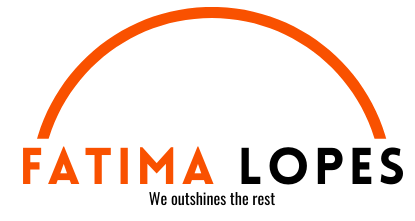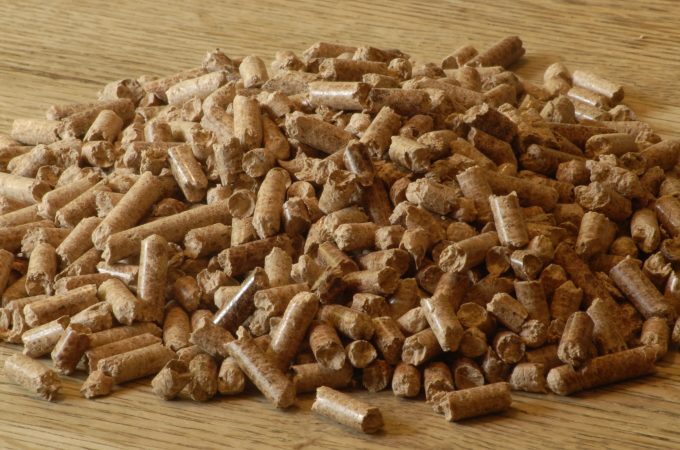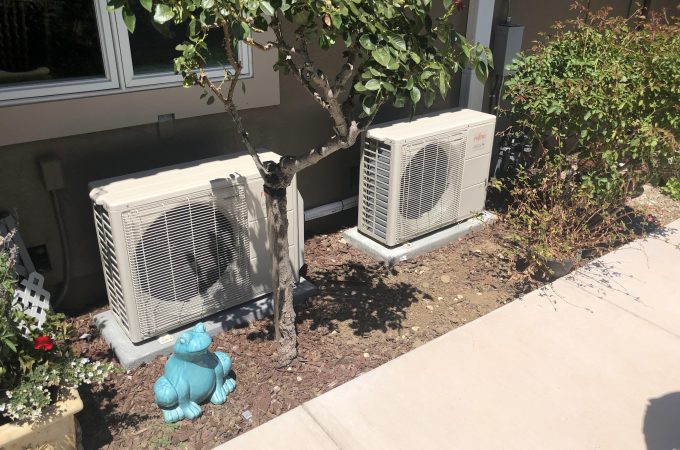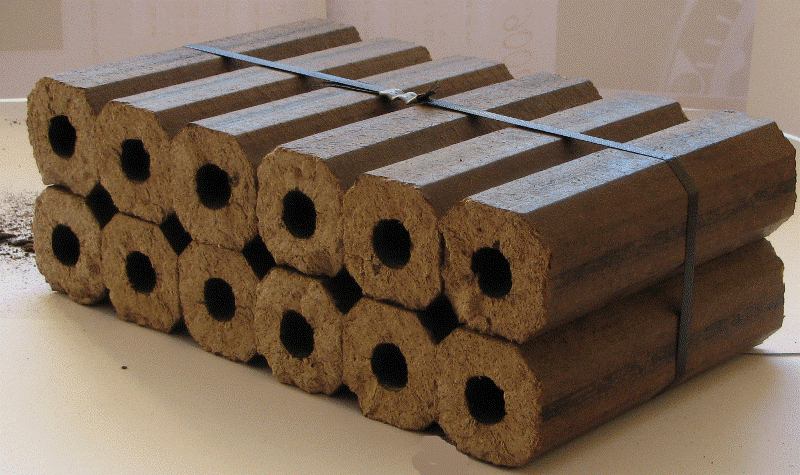
The Future Of Heating: Briquettes vs. Electric Solutions
In the ever-evolving world of energy and sustainability, the search for efficient and eco-friendly heating solutions has never been more critical. As concerns about climate change and carbon emissions continue to rise, finding alternatives to traditional fossil fuels is paramount. One of the debates that has gained prominence in recent years is the choice between puitbrikett and electric heating solutions. Both have their merits, but which one is the future of heating? Let’s explore this question by examining the advantages and disadvantages of each.
1. Environmental Impact
Wood Briquettes: Wood briquettes, also known as biomass briquettes, are a renewable energy source. They are typically made from compressed sawdust, wood chips, and other wood residues. Using wood briquettes for heating can be considered environmentally friendly because they release carbon dioxide, but the same amount that the trees absorbed during their growth. However, the sustainability of wood briquettes depends on responsible forestry practices and the replanting of trees.
Electric Solutions: Electric heating solutions are often perceived as clean and eco-friendly since they produce no direct emissions at the point of use. However, the environmental impact of electric heating largely depends on the source of electricity generation. It can be considered a green option if the electricity comes from renewable sources such as wind or solar power. But if it relies on fossil fuels, the carbon footprint increases.
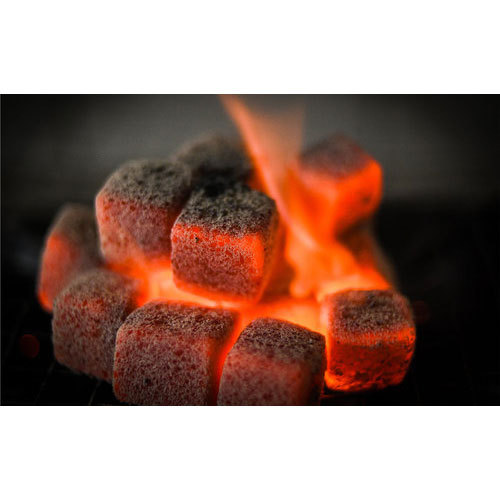
2. Efficiency
Wood Briquettes: Wood briquettes are known for their high energy density, which means they can provide a lot of heat from a relatively small volume. They burn slowly and evenly, making them an efficient choice for heating.
Electric Solutions: Electric heating solutions vary in efficiency depending on the technology used. Modern electric heaters, such as heat pumps, can be highly efficient, converting most of the electricity they consume into heat. However, older electric heaters can be less efficient and more costly to operate.
3. Cost Considerations
Wood Briquettes: The cost of wood briquettes can vary depending on factors like location, availability of wood resources, and production methods. In some regions, wood briquettes can be cost-competitive with other heating options, while in others, they may be more expensive.
Electric Solutions: Electric heating systems generally have a higher upfront cost for installation but can be cost-effective in the long run, especially if the electricity source is renewable. The ongoing operational costs are often lower than purchasing wood briquettes or other heating fuels.
4. Convenience and Maintenance
Wood Briquettes: Using wood briquettes for heating requires regular cleaning of the combustion chamber and handling of the briquettes themselves. It may also necessitate storage space for the briquettes, which can be bulky.
Electric Solutions: Electric heating systems are known for their convenience. They require minimal maintenance, as no combustion processes or fuel storage concerns exist. Set the thermostat, and the system does the rest.
5. Availability and Accessibility
Wood Briquettes: Wood briquettes can be limited in some areas, especially in urban environments where space for wood storage may be scarce. Access to a consistent supply of quality wood briquettes can also be challenging in certain regions.
Electric Solutions: Electricity is widely available and accessible in most parts of the world, making electric heating solutions a practical choice for many homeowners and businesses.
6. Versatility and Applications
Wood Briquettes: Wood briquettes are primarily used for space heating, but they can also be used for cooking in stoves or grills, adding to their versatility.
Electric Solutions: Electric heating systems can be adapted for various applications, including space heating, water heating, and even industrial processes, making them versatile in meeting different energy needs.
7. Energy Independence
Wood Briquettes: Using wood briquettes can provide a degree of energy independence, especially for those who have access to a local supply of wood resources.
Electric Solutions: Electric heating relies on the availability and stability of the electricity grid, which may be subject to interruptions or fluctuations in supply.

In conclusion, the future of heating is likely to be a mix of both wood briquettes and electric solutions, depending on individual preferences, location, and environmental considerations. While wood briquettes offer a renewable and efficient option, electric solutions can be clean, convenient, and adaptable. The choice ultimately comes down to striking a balance between sustainability, cost, and practicality in the quest for efficient heating solutions.
